2. With the Old Breed: At Peleliu and Okinawa by E.B Sledge
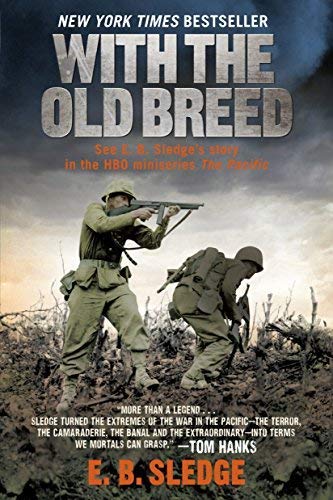
This memoir tells the story of Eugene B Sledge’s experiences as a Marine during some of the most brutal battles in World War II – Peleliu and Okinawa. He recounts his harrowing journey from boot camp to combat with vivid detail and raw emotion that brings readers right into the heart of battle alongside him. This book offers an intimate look at life in a Marine infantry unit during one of history’s most devastating wars.
3. No Substitute for Victory by David Rigby
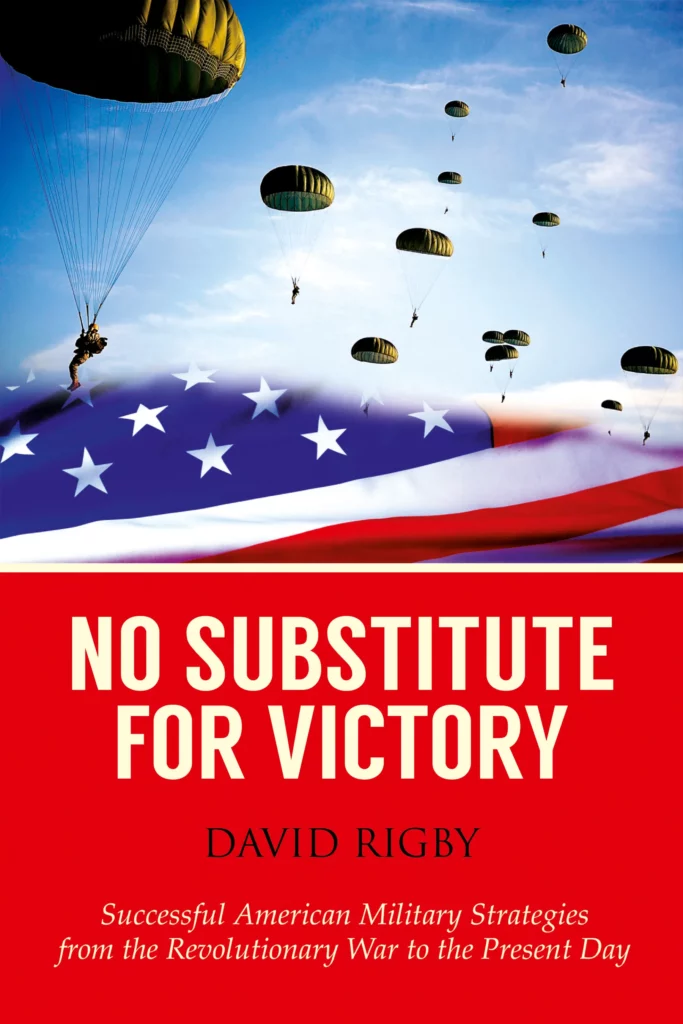
In “No Substitute for Victory,” military historian and strategist David Rigby delves deep into the annals of warfare to explore the factors that determine victory on the battlefield. Drawing on a wealth of historical examples and case studies, Rigby identifies the key principles and tactics that have consistently led to military success throughout the ages.
The book begins by examining the importance of leadership, highlighting the crucial role that strong, decisive commanders play in shaping the outcome of military engagements. Rigby emphasizes the need for leaders who possess a keen understanding of strategy, the ability to inspire their troops, and the mental fortitude to make difficult decisions under pressure.
4. Lone Assassin: The Epic True Story of the Man Who Almost Killed Hilter by Helmut Ortner & Ross Benjamin
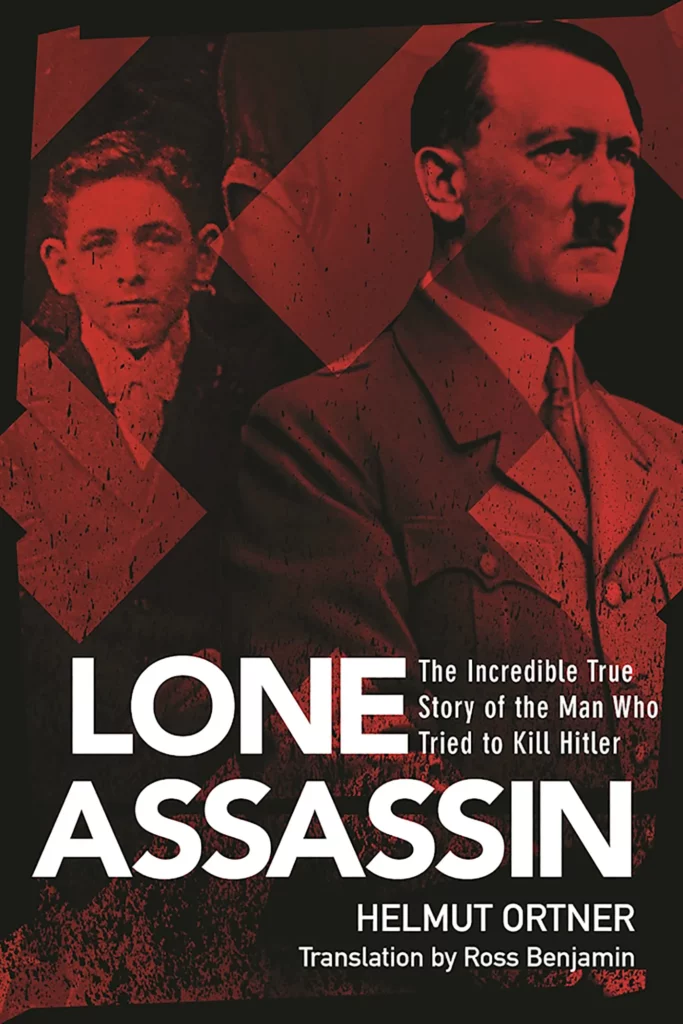
“Lone Assassin” tells the gripping and largely untold story of Georg Elser, a humble carpenter who came tantalizingly close to changing the course of history by assassinating Adolf Hitler. Authors Helmut Ortner and Ross Benjamin meticulously reconstruct Elser’s life, motivations, and the intricate details of his audacious plan to eliminate the Führer in November 1939. Through extensive research and interviews with surviving family members, the authors shed light on the extraordinary courage and determination of an ordinary man driven to take extraordinary action against a tyrannical regime.
The book delves into Elser’s meticulous planning, the construction of a hidden bomb, and the suspenseful moments leading up to the fateful night when Hitler narrowly escaped death. “Lone Assassin” also recounts the aftermath of Elser’s failed assassination attempt, as he faced interrogation, torture, and ultimately execution at the hands of the Nazis. This captivating account of one man’s brave and selfless act serves as a powerful reminder of the importance of standing up against tyranny and the potential impact that a single individual can have on the course of history.
5. How to Become a Spy by British Special Operations Executive
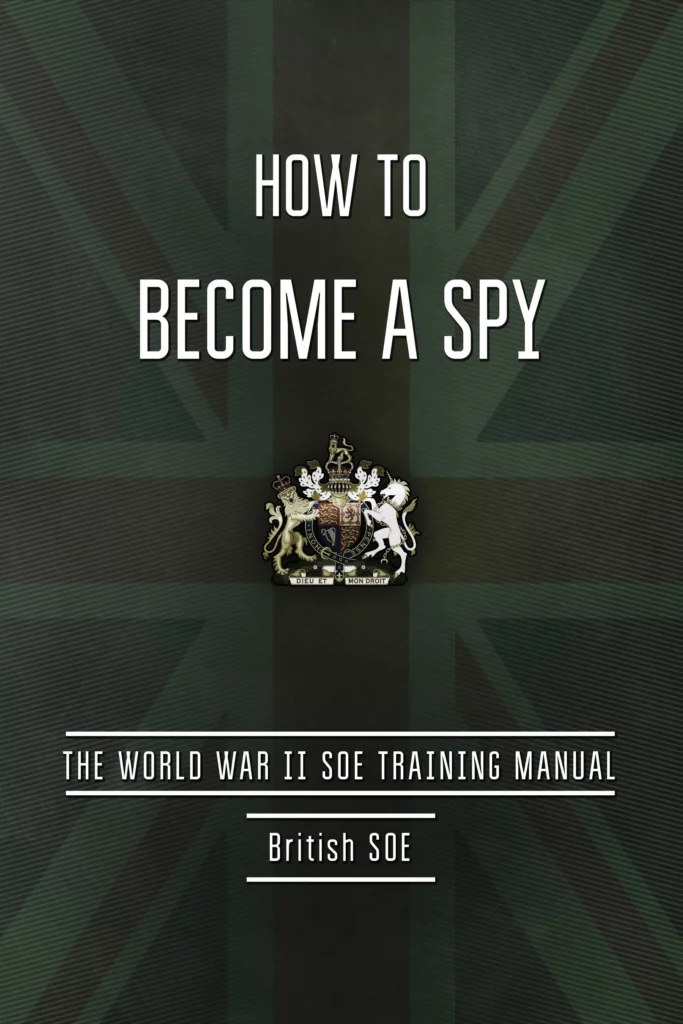
“How to Become a Spy” is a fascinating and historically significant book that offers readers a unique glimpse into the world of espionage during World War II. This manual, produced by the British Special Operations Executive (SOE), served as a training guide for covert operatives and resistance fighters working behind enemy lines. The book provides a comprehensive overview of the skills and techniques required to become an effective spy, ranging from tradecraft and sabotage to communications and psychological warfare.
In addition to offering practical advice on various aspects of espionage, “How to Become a Spy” also delves into the mindset and character traits necessary for success in this dangerous and clandestine profession. The book emphasizes the importance of adaptability, resourcefulness, and mental resilience, while also shedding light on the moral and ethical dilemmas faced by those who risked their lives to gather intelligence and undermine the enemy’s war effort. This intriguing manual serves as both a historical artifact and an enduring testament to the courage and skill of the men and women who operated in the shadows during one of history’s most perilous conflicts.
6. The Military Maxims of Napoleon by Daniel G. Chandler & Napoleon Bonaparte
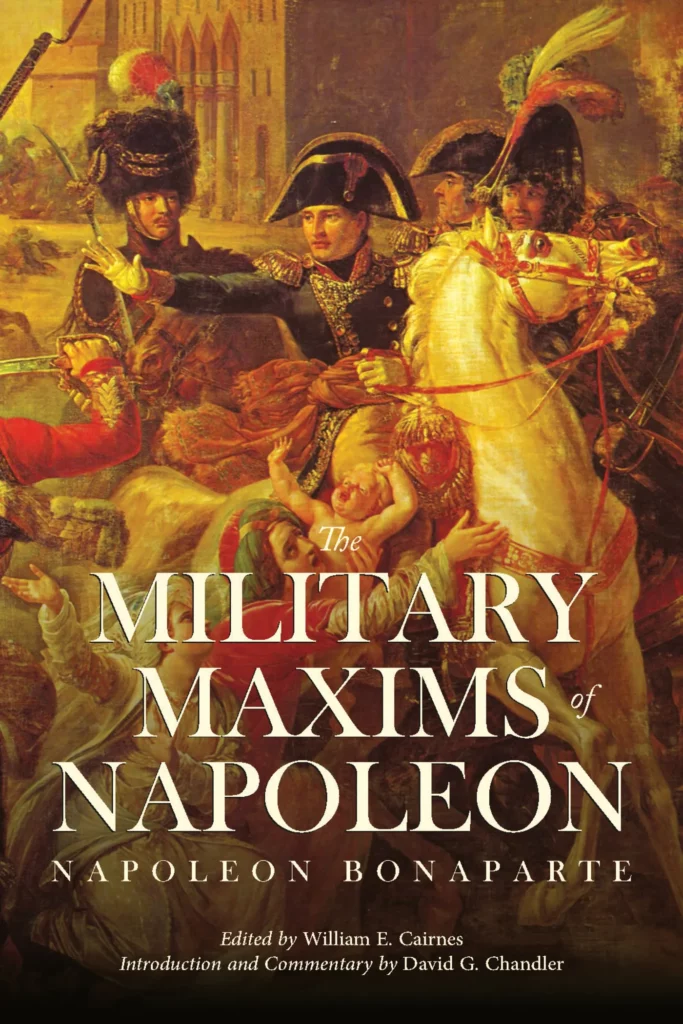
“The Military Maxims of Napoleon” is a compilation of the strategic wisdom and tactical insights of one of history’s greatest military minds, Napoleon Bonaparte. Compiled by historian Daniel G. Chandler, this book distills the essence of Napoleon’s thoughts on warfare into a series of concise and timeless principles that have influenced generations of military leaders. Drawing from Napoleon’s own writings, speeches, and correspondence, as well as accounts of his campaigns and battles, the book provides an invaluable resource for anyone seeking to understand the art of war from the perspective of a true master.
Through these maxims, readers gain insight into Napoleon’s views on leadership, logistics, strategy, and tactics, as well as his emphasis on the importance of morale, discipline, and initiative in achieving victory. The book also highlights the innovative and adaptive nature of Napoleon’s approach to warfare, demonstrating how he consistently sought to exploit his enemies’ weaknesses while maximizing the strengths of his own forces. “The Military Maxims of Napoleon” serves not only as a testament to the brilliance of its subject but also as a thought-provoking guide for military professionals, historians, and students of strategy alike.
7. The Central Intelligence Agency and Overhead Reconnaissance by Gregory Pedlow & Donald Welzenbach
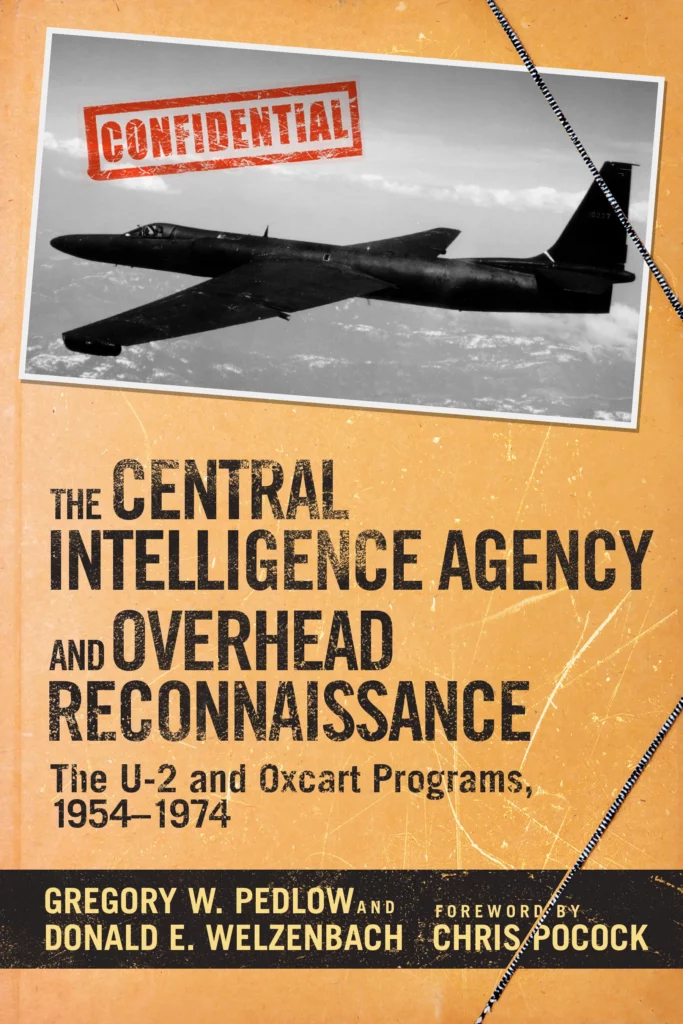
“The Central Intelligence Agency and Overhead Reconnaissance” is a comprehensive account of the CIA’s involvement in the development and operation of the U-2 and OXCART (A-12) programs during the height of the Cold War. Co-authored by Gregory Pedlow and Donald Welzenbach, both former CIA officers, the book provides an insider’s perspective on the challenges and triumphs of these groundbreaking reconnaissance efforts. It delves into the technological innovations, political maneuvering, and operational successes that defined the U-2 and OXCART programs, which played a crucial role in gathering vital intelligence on the Soviet Union and other adversaries.
The book explores the strategic importance of aerial reconnaissance during this tense period in world history, detailing the design, testing, and deployment of the high-altitude U-2 and the Mach 3-capable A-12 aircraft. It also examines the broader implications of these programs, including their impact on international relations, espionage, and the development of satellite-based reconnaissance systems. “The Central Intelligence Agency and Overhead Reconnaissance” is a fascinating and well-researched study of the early years of the CIA’s involvement in aerial surveillance and the vital role that these pioneering efforts played in shaping the course of the Cold War.
8 The Anvil of War by Erhard Rauss & Oldwig von Natzmer
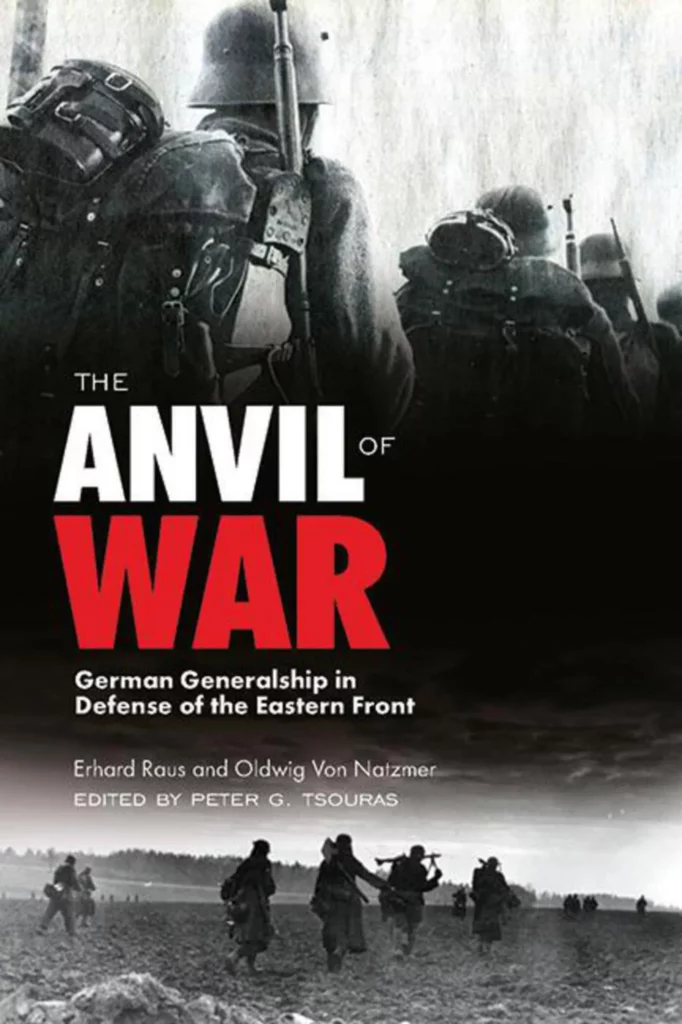
“The Anvil of War” is a compelling examination of German generalship during the defense of the Eastern Front in World War II, offering invaluable insights into the strategic and tactical decision-making that shaped this critical theater of the conflict. Co-authored by two former German generals, Erhard Rauss and Oldwig von Natzmer, the book presents a unique perspective on the challenges faced by the Wehrmacht as it sought to hold back the relentless advance of the Soviet Red Army.
Drawing on firsthand experience and extensive research, Rauss and von Natzmer provide a detailed analysis of key battles and defensive operations on the Eastern Front, exploring the factors that influenced the outcome of these engagements and the lessons learned by the German high command. They also delve into the broader context of the war, discussing the political, economic, and logistical constraints that shaped the Wehrmacht’s strategy and tactics. “The Anvil of War” is an essential read for students of military history, offering a rare and insightful look into the inner workings of the German military machine as it struggled to defend its rapidly shrinking territory against a formidable and determined enemy.
9. Remember Us by Vic Shayne & Martin Small
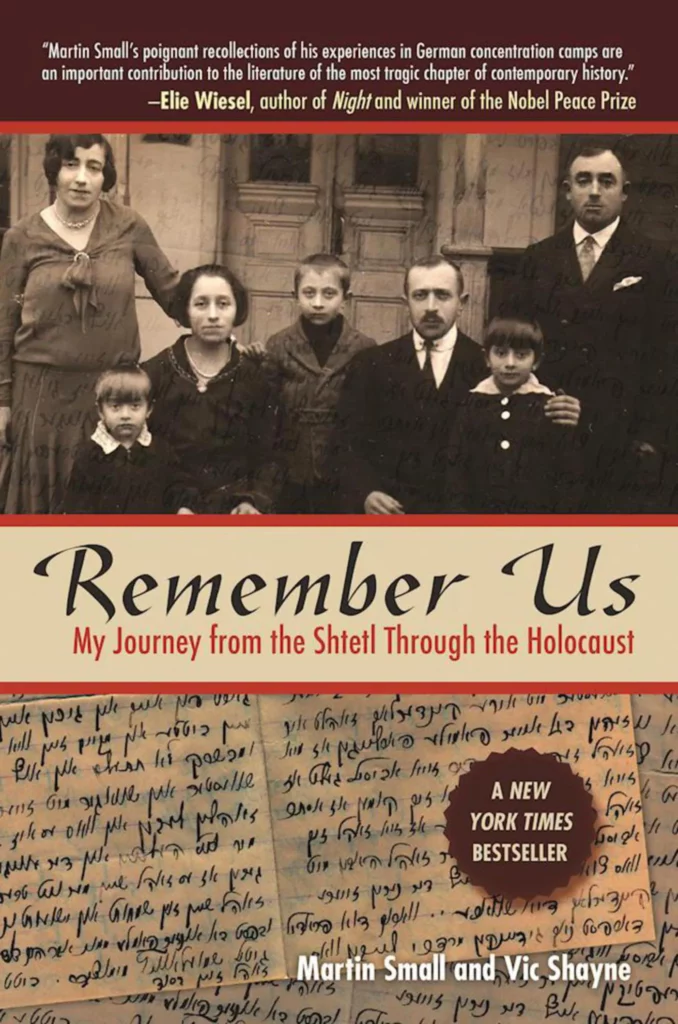
“Remember Us” is a powerful and deeply moving memoir that chronicles the harrowing journey of Martin Small, a Jewish man who survived the horrors of the Holocaust. Co-authored with Vic Shayne, the book takes readers through Small’s experiences, beginning with his idyllic childhood in the shtetl of Vrable, Czechoslovakia, and continuing through the unimaginable atrocities he faced during World War II. Small’s story captures the resilience of the human spirit and serves as a testament to the importance of preserving the memory of the Holocaust for future generations.
Through Small’s vivid recollections, readers bear witness to the brutality of the Nazi regime, as well as the indomitable will to survive that defined so many of its victims. The book also explores the theme of hope amid despair, as Small shares the acts of kindness and compassion that sustained him and others throughout their darkest days. “Remember Us” is not only a poignant account of one man’s struggle to endure the unthinkable but also a call to remember the millions of lives lost during the Holocaust and to ensure that their stories are never forgotten.
10. Leadership and Training for the Fight: Using Special Operations Principles to Succeed in Law Enforcement, Business, and War by Paul R. Howe
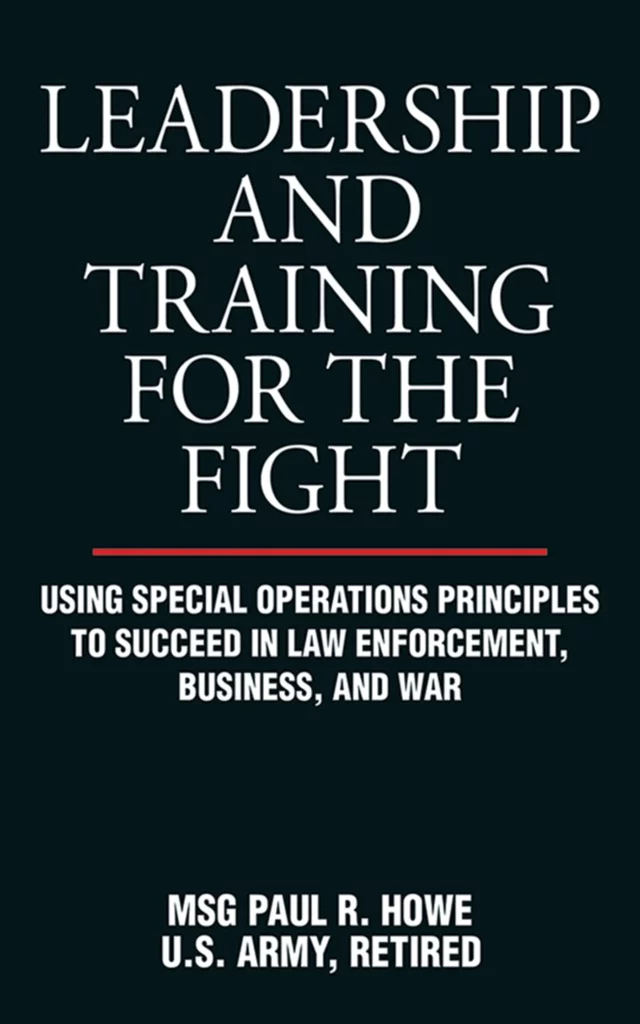
“Leadership and Training for the Fight” is a practical and insightful guide that draws upon the principles of special operations to provide valuable lessons for success in various fields, including law enforcement, business, and warfare. Written by Paul R. Howe, a former U.S. Army Special Forces operative with extensive experience in high-risk environments, the book offers a unique perspective on what it takes to excel in challenging and demanding situations. Through a combination of personal anecdotes, real-world examples, and actionable advice, Howe demonstrates how the tenets of special operations can be applied to a wide range of professional contexts.
The book delves into the key attributes of effective leadership, emphasizing the importance of clear communication, adaptability, and sound decision-making under pressure. It also explores essential training methodologies, highlighting the need for realistic and scenario-based exercises that prepare individuals and teams for the rigors of their chosen professions. With its focus on cultivating mental toughness, fostering teamwork, and developing a relentless pursuit of excellence, “Leadership and Training for the Fight” serves as a valuable resource for anyone seeking to elevate their performance and achieve success in the face of adversity.
HONORARY MENTION:
Sun Tzu’s The Art Of War
The Art Of War is widely considered to be one of the most influential books ever written about strategy and tactics in warfare, written by Chinese general Sun Tzu more than 2,500 years ago during China’s Warring States period (475–221 BC). This timeless classic has been studied by leaders around the world for centuries due to its insights into how to effectively wage war while minimizing losses on both sides – something that remains relevant even today!
Hell In A Very Small Place: The Siege Of Dien Bien Phu By Bernard B Fall
This classic work tells the story behind one of history’s most important battles – France’s disastrous defeat at Dien Bien Phu during their war against Vietnam in 1954 – through first-hand accounts from both French troops who fought there as well as Vietnamese soldiers who fought against them. It provides invaluable insight into this pivotal moment in history which ultimately led to Vietnam’s independence from France after nearly 100 years under colonial rule!
House To House: A Memoir Of Modern War By David Bellavia
In this powerful memoir, Iraq veteran David Bellavia recounts his experiences fighting house-to-house against insurgents during Operation Phantom Fury – one of America’s largest urban battles since Vietnam – which took place in Fallujah in 2004. Through vivid descriptions, he captures both moments filled with intense fear as well as moments where he found unexpected compassion among his enemies – offering readers an intimate glimpse into modern warfare, unlike any other book before it!
Against All Odds: An Autobiography By Alex Kershaw
Alex Kershaw was just 19 years old when he joined Britain’s elite Special Air Service (SAS) regiment during World War II – making him one of its youngest members ever! In this riveting autobiography, he recounts his incredible journey from being a young recruit to becoming one of Britain’s top special forces operatives – surviving numerous close calls along the way!
How Civil Wars End By Stephen Stedman & Charles Kahl
This comprehensive study examines civil wars around the world throughout history – from ancient Rome all the way up until present-day conflicts such as those currently taking place in Syria or Yemen. It looks at why certain civil wars have ended peacefully while others have resulted in prolonged violence or even genocide – providing valuable lessons for anyone interested in understanding how civil wars can be prevented or resolved more quickly!
Devotion (Movie Tie-in): An Epic Story Of Heroism, Friendship, And Sacrifice By Adam Makos
Adam Makos’ Devotion tells an inspiring true story about two pilots whose friendship helped them survive some incredibly dangerous missions during Korea’s “forgotten war.” Through extensive research, Makos weaves together interviews with surviving veterans along with archival documents to create a gripping narrative that will leave you feeling inspired!
—
Ready to dive into the world of special operations and military history this summer? Subscribe to our SOFREP Book Club and get access to thousands of curated books by our very own Veteran editors!

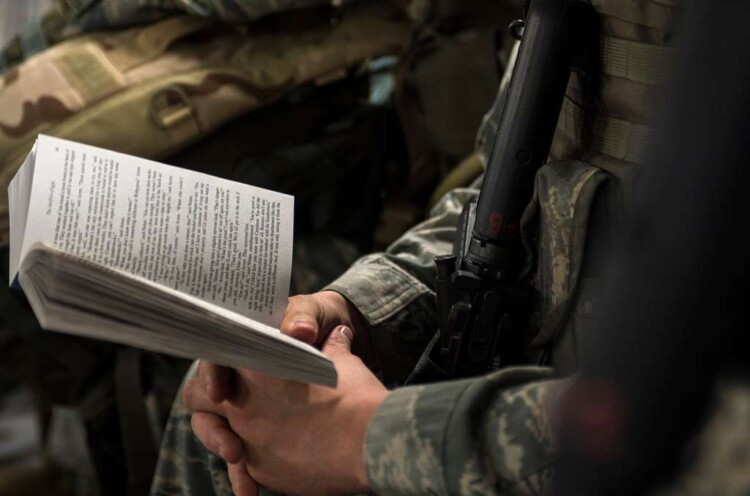
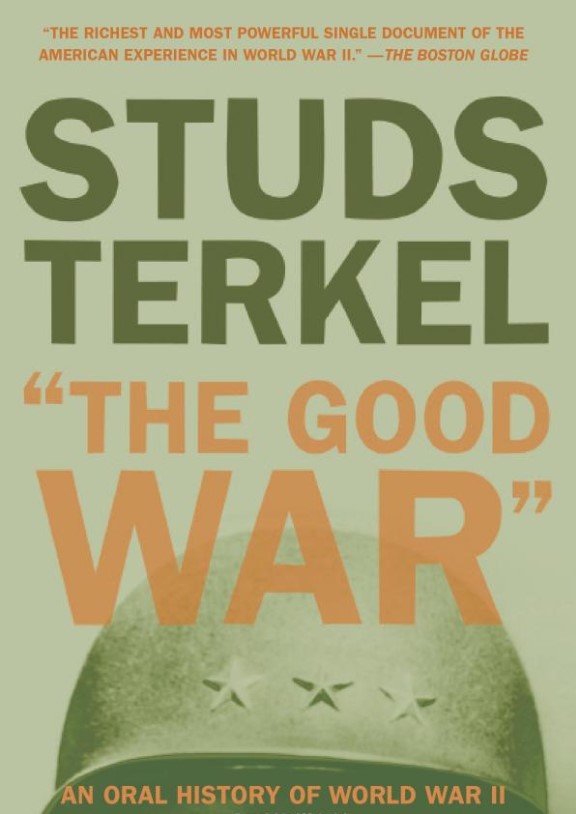








COMMENTS